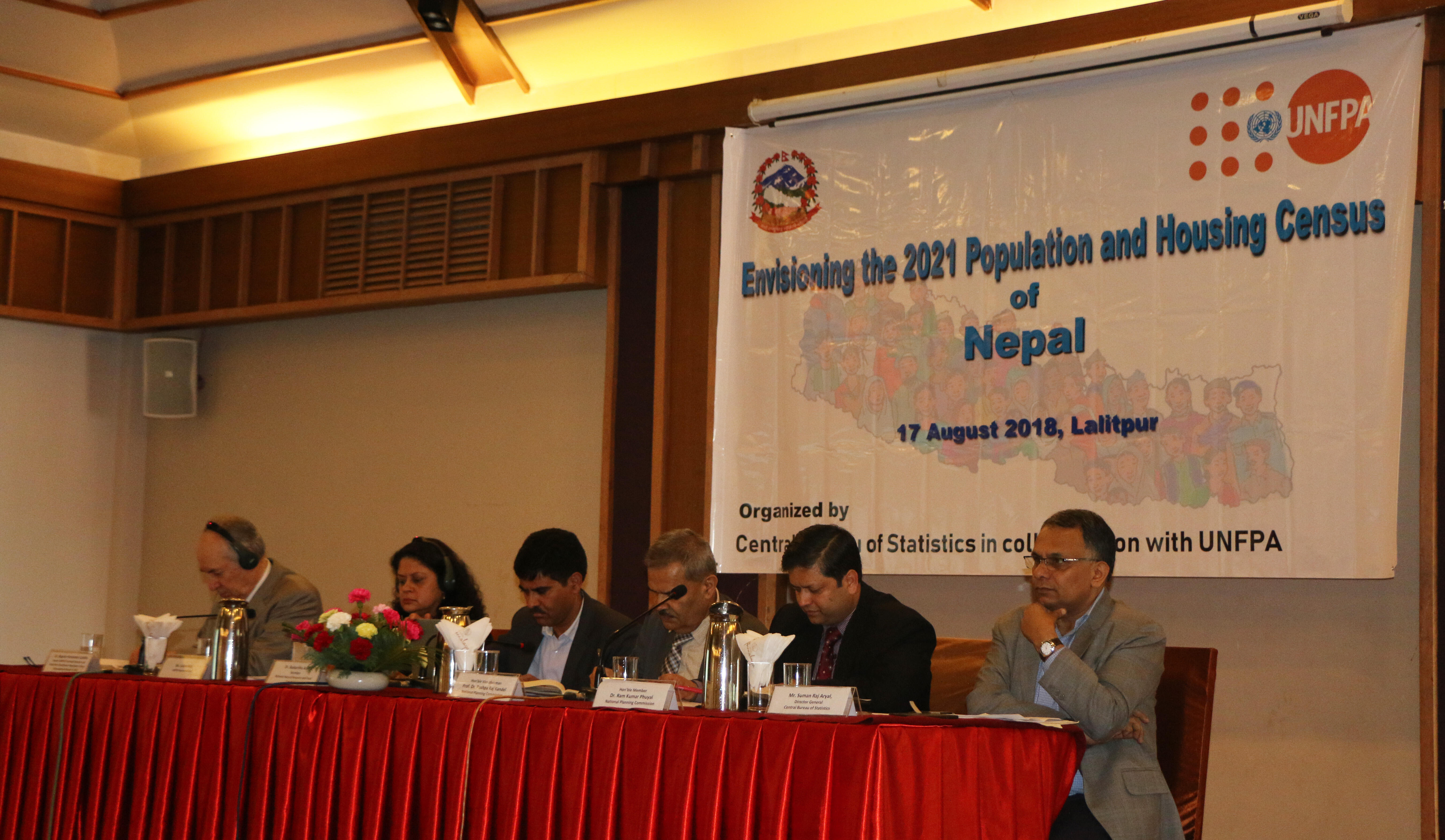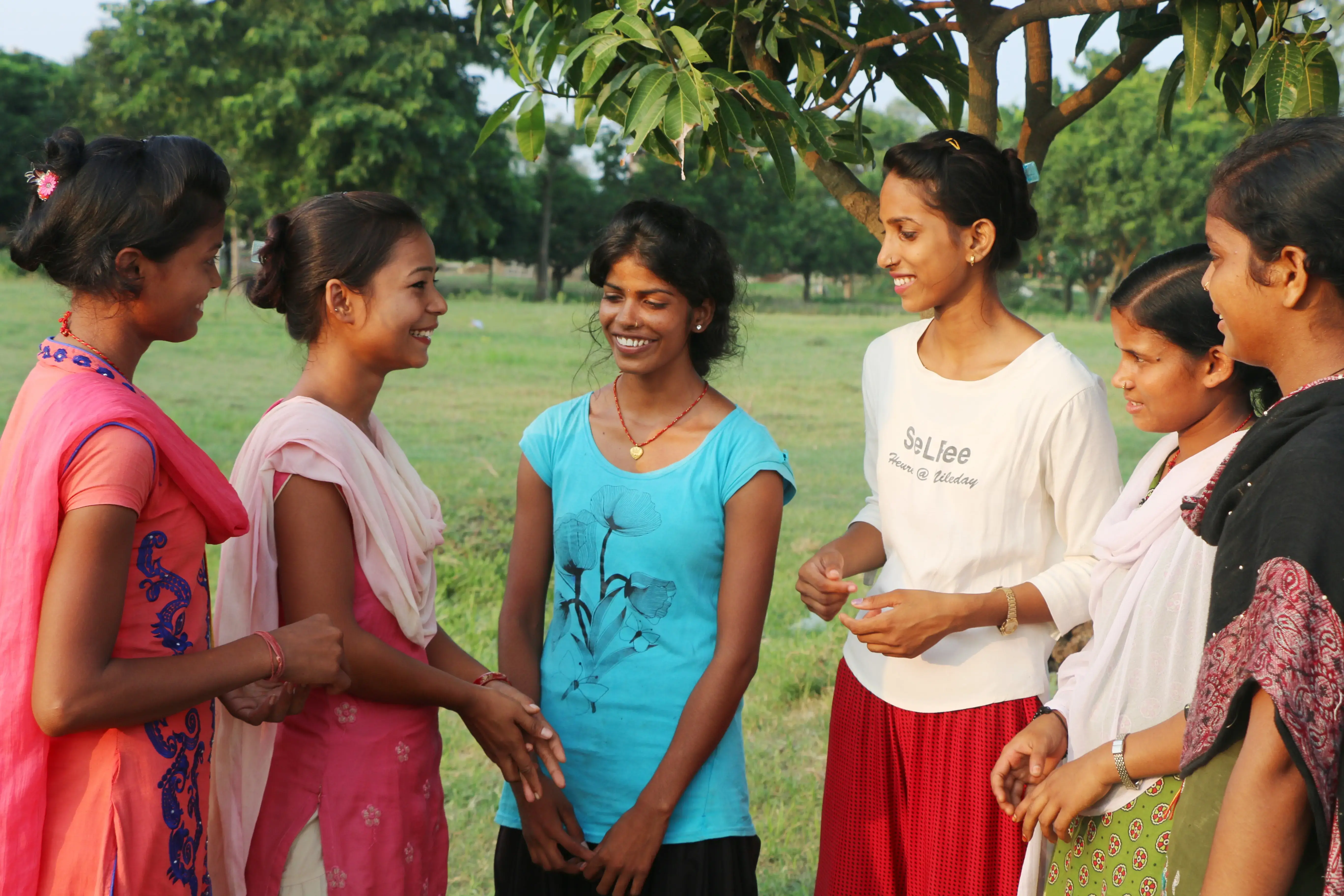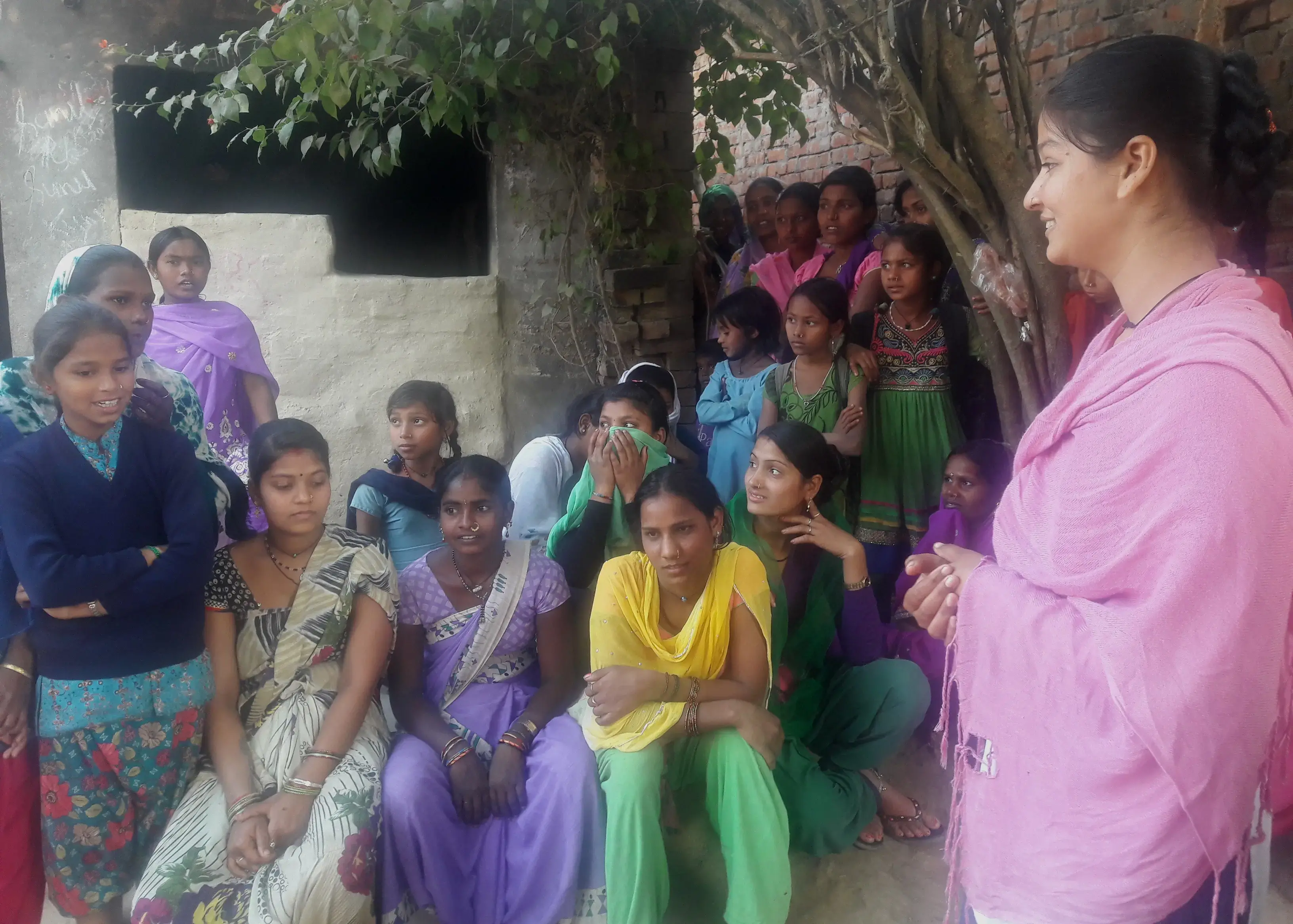The Government of Nepal has initiated preparations for the 2021 Population and Housing Census. The next census will be conducted in a new era – under the 2015 Constitution of Nepal and new federal system as well as one in which the Government of Nepal has made a commitment to realizing the vision of the Sustainable Development Goals (SDGs) and leaving no one behind.
The 2021 census is expected to help build the foundation to advancing the ongoing reforms by producing disaggregated data across a broad range of development indicators that will be accessible to the public and decision makers and will help guide policy and planning decisions.
The Central Bureau of Statistics (CBS) in collaboration with UNFPA, the United Nations Population Fund, organized a stakeholder consultation on 17 August 2018 to launch the preparatory process and seek inputs from the participants, including on the overall management and governance of the census process. At the workshop entitled "Envisioning the 2021 Population and Housing Census of Nepal", the Vice-Chairperson of the National Planning Commission, Dr. Pushpa Raj Kandel noted that “the next census data will show the gaps at the local level and help identify the demand and need of communities as well as highlight the areas that require improvements”. He noted that “the 2021 census will help implement federalism in the spirit of the 2015 Constitution by showing a comprehensive picture of the social living conditions of the people to help federal, provincial and municipal governments chart actions accordingly”.
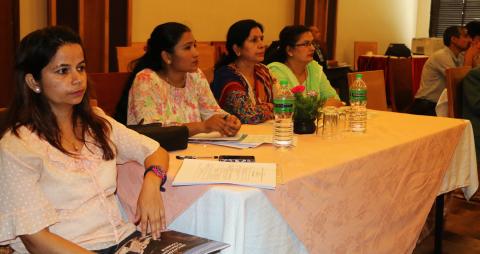
The Director General of CBS, Suman Raj Aryal, used the occasion to share some lessons learned from past census exercises, stressing that CBS would determine the optimal number of census questions and aim to use new technology to improve data collection and processing. He noted that enumeration area maps would be prepared in time and used extensively to minimize coverage errors.
Presenting his paper on “Integrating Census into Policy”, Secretary of the National Natural Resource and Fiscal Commission, Dr. Baikuntha Aryal, noted that "a census is the backbone of the national statistical system that serves the government, economy and the public with data about economic, demographic, social and environmental situations." He stressed that "the 2021 census is going to be conducted for the first time in Nepal under the new federal system. Although the census is under the federal government’s jurisdiction, provincial and local governments have an important role to play in this exercise as it contributes to the country’s development agenda”.
In the absence of good population data, it would be difficult to monitor the progress Nepal is making towards achieving the SDGs, stressed NPC Member Dr. Ram Kumar Phuyal. Professor Rogelio Fernandez Castilla, an international census expert, said census data should be relevant, accurate, up-to-date, easily accessible and timely to support policy decision-making. He stressed that the three-year time frame for preparations and execution of the census process is relatively tight if Nepal wishes to comply with international standards. He urged that “decisions on updating the census legislation, announcing the date of the next census, earmarking financial resources, and putting in place the appropriate management and governance structures need to be made as early as possible.
The participants called for greater attention to the quality and coverage of the census exercise to ensure that the diverse needs of population groups are properly captured. They also stressed the importance of capacity building of those involved in this exercise to ensure compliance with international standards and the importance of mobilizing the financial resources.
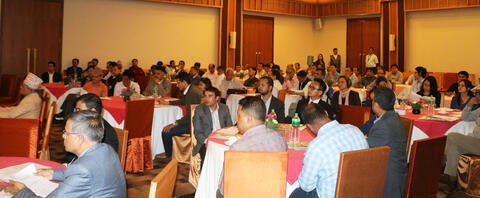
In closing, Country Representative of UNFPA for Nepal Lubna Baqi said, “The United Nations Population Fund has made a commitment to support the 2021 census under its new country programme, which commenced this year, as a priority area of work.” “Strengthening national capacities to ensure high quality censuses that meet international standards, and the wide dissemination and use of census data for development planning, implementation and monitoring is at the core of UNFPA’s mandate”.
She stressed the importance of census awareness raising and advocacy work as essential for securing high quality results and the credibility of the exercise. “Coordination among all partners is critical and UNFPA is ready to play its part in this important effort.”
As part of the support for census preparations, UNFPA has been providing technical and financial support to CBS to hold policy dialogues at the federal and provincial level. UNFPA will support the building of national capacities, census education activities, procurement of equipment and services, dissemination and use of census data development planning, implementation and monitoring in line with the SDGs and International Conference on Population and Development (ICPD) beyond 2014.

